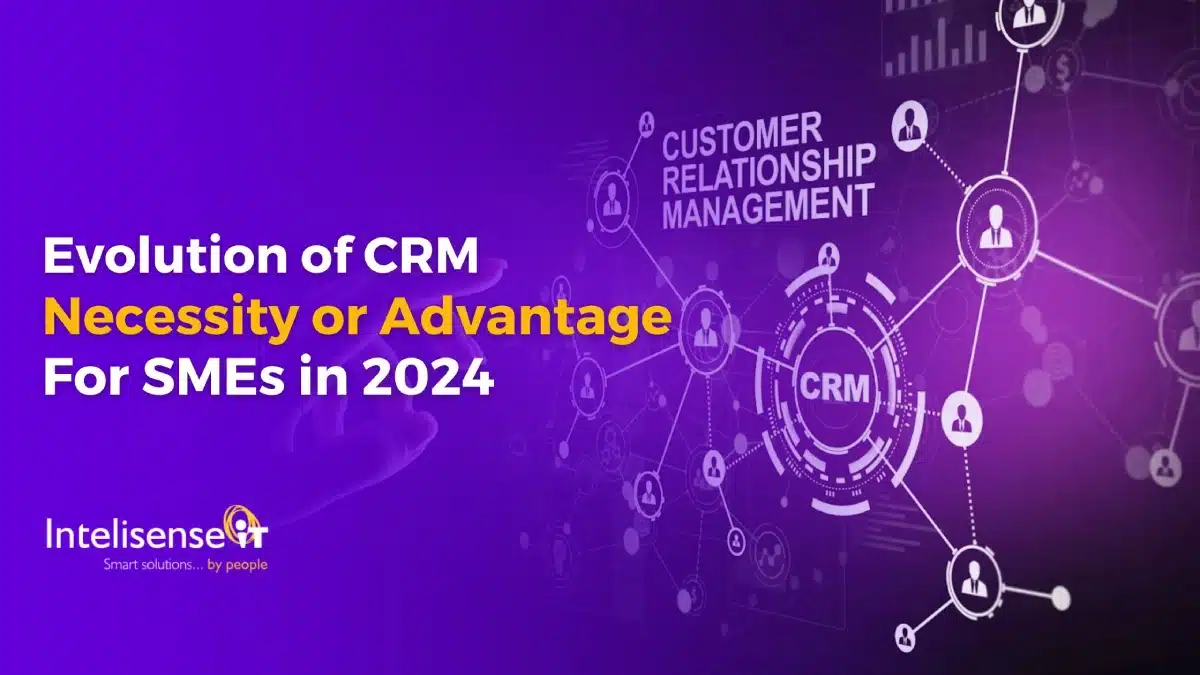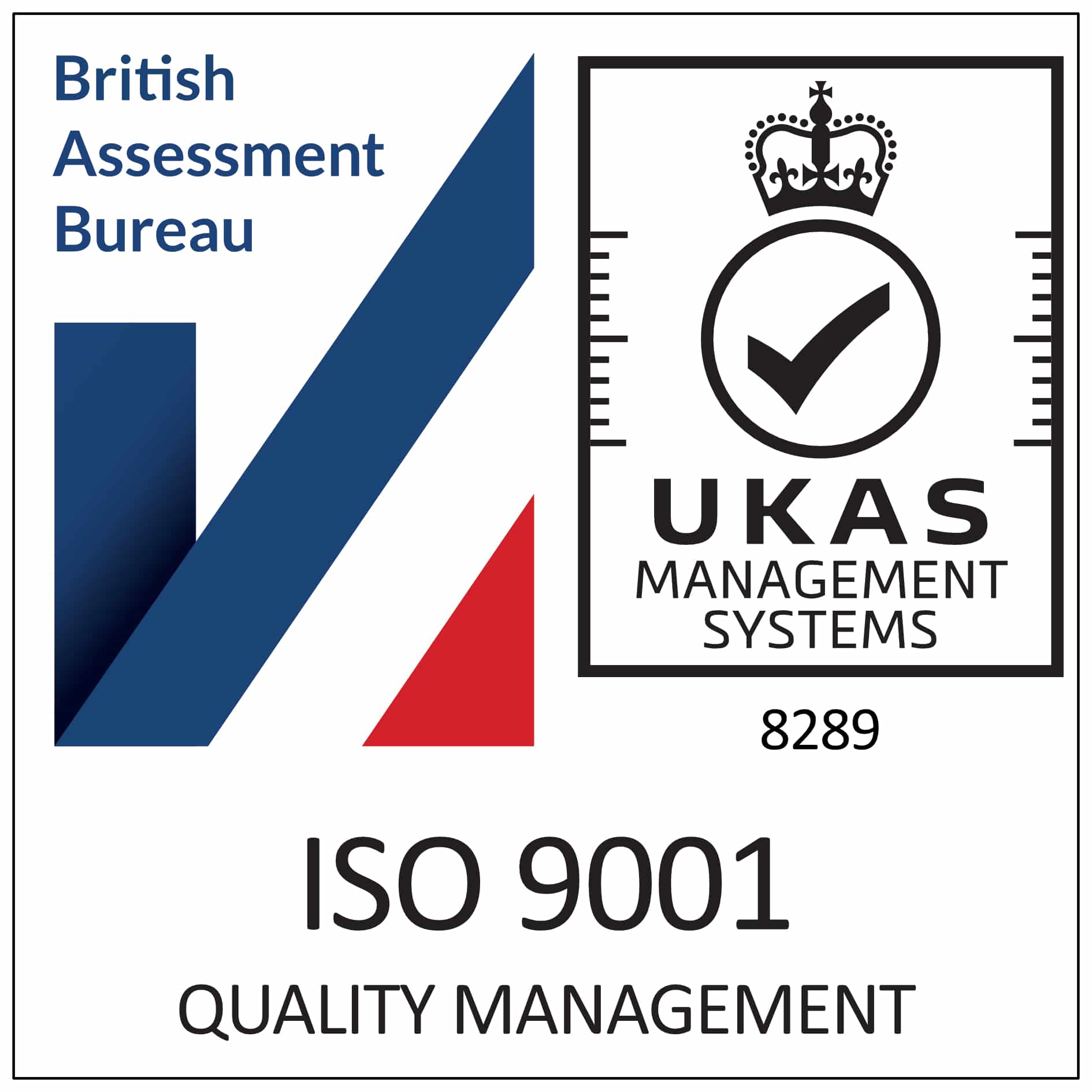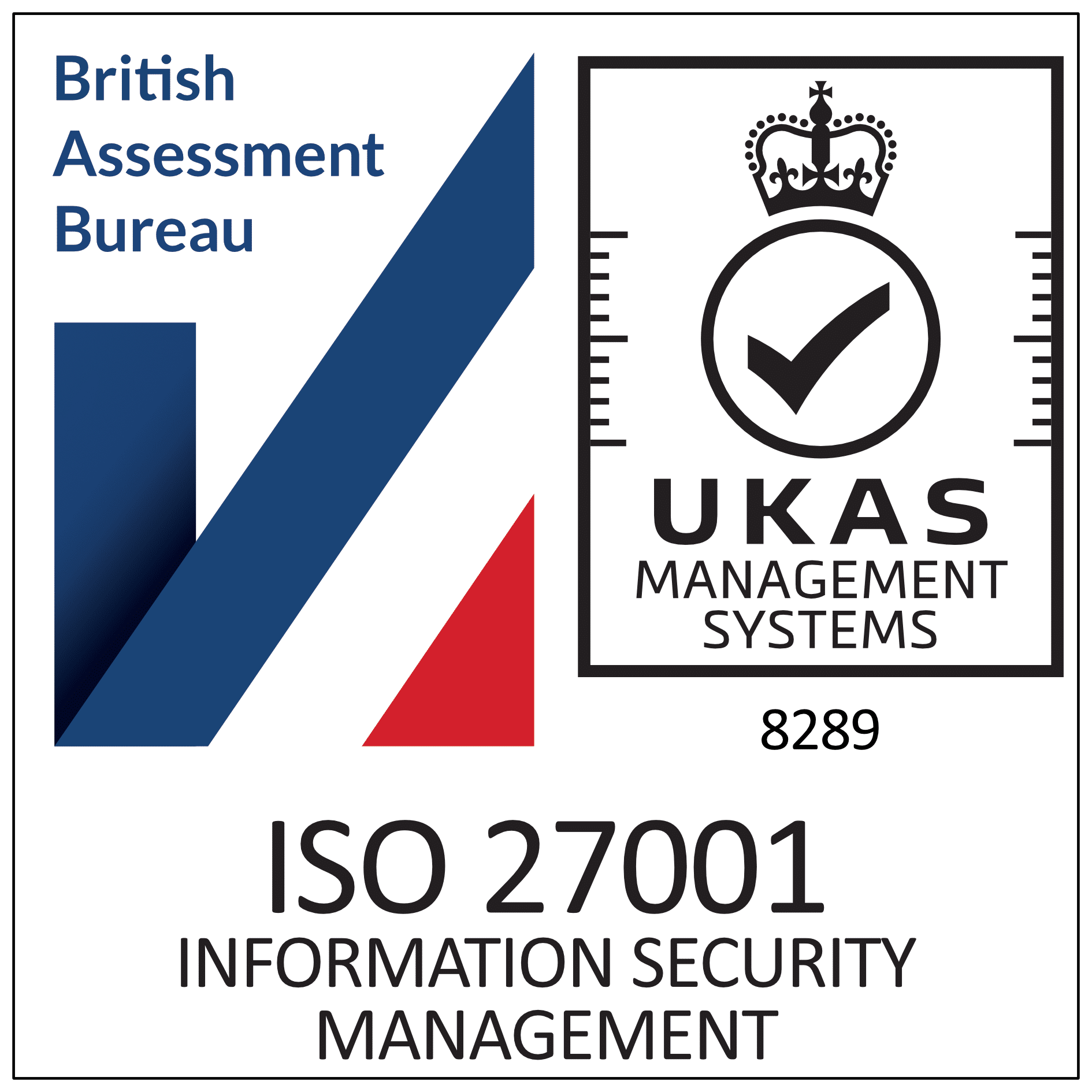In the dynamic world of business, maintaining a competitive edge is essential for small and medium-sized enterprises (SMEs). Over the past few years, Customer Relationship Management (CRM) systems have emerged as potent tools to navigate the intricacies of client interactions and business operations. As we step into 2024, the question arises: are CRM systems a necessity for SMEs, or are they more of an advantageous choice?
The Rise of CRM in Business Practices
Over the past few years, CRM systems have undergone a transformative journey, evolving from mere contact management tools to comprehensive solutions that drive customer engagement, streamline processes, and boost overall efficiency. The increasing reliance on technology and the data-driven nature of contemporary business have contributed to the heightened relevance of CRM systems.
Data-Driven Decision-Making
With the deluge of data available, businesses need intelligent systems to sift through and derive actionable insights. CRM systems empower SMEs with the ability to analyse customer behaviours, preferences, and trends, enabling data-driven decision-making. This, in turn, facilitates personalised interactions and targeted marketing strategies.
Enhanced Customer Experience
In an era where customer experience reigns supreme, SMEs cannot afford to overlook the significance of CRM systems. These platforms provide a holistic view of customer interactions across various touchpoints, allowing businesses to deliver personalised and seamless experiences. This heightened level of customer satisfaction can be a key differentiator in a competitive market.
Efficient Communication and Collaboration

Communication is the cornerstone of successful business operations. CRM systems centralise communication channels, making it easier for teams to collaborate and share information. This not only improves internal efficiency but also ensures that everyone in the organisation is on the same page when it comes to customer interactions.
Automation for Productivity
Automation features within CRM systems streamline repetitive tasks, allowing SMEs to allocate their resources more strategically. From lead generation to follow-ups, automation reduces manual workload, minimising errors, and maximising productivity. This is especially crucial for SMEs with limited manpower.
The Contemplation Necessity or Advantage?
As SMEs evaluate the role of CRM systems in their operations, the distinction between necessity and advantage becomes apparent. While CRM systems are not an absolute necessity for survival, they undeniably offer a myriad of advantages that can significantly contribute to growth and sustainability.
Scalability
For SMEs with ambitious growth plans, CRM systems provide scalability. As the customer base expands, managing relationships becomes increasingly complex. CRM systems offer a structured approach to scaling operations, ensuring that as the business grows, so does its ability to effectively manage customer interactions.
Competitive Edge
In a market where innovation is the key to staying ahead, having a CRM system can provide a competitive edge. The ability to leverage customer data for strategic decision-making, targeted marketing, and personalised customer experiences can set SMEs apart from competitors who may not be utilising such advanced tools.
Strategic Resource Allocation
Embracing AI allows businesses to strategically allocate resources. Routine, time-consuming tasks can be delegated to intelligent systems, freeing up human resources for tasks that require critical thinking, emotional intelligence, and creativity.
Adaptability to Industry Trends
The business landscape is ever-evolving, with new trends and technologies emerging regularly. CRM systems, designed to be adaptable, can integrate seamlessly with emerging technologies, keeping SMEs at the forefront of industry trends. This adaptability ensures that businesses are not left behind in the fast-paced world of technology.
The Advantages of CRM for SMEs
While not an absolute necessity, CRM systems can be a game-changer for SMEs looking to thrive in a competitive business environment. The advantages of incorporating CRM into business operations are manifold:

Improved Customer Retention
CRM systems empower SMEs to build lasting relationships with customers. By understanding customer preferences and behaviours, businesses can tailor their products and services to meet evolving needs, fostering loyalty, and increasing customer retention rates.
Streamlined Sales Processes
The sales process, from lead generation to conversion, can be significantly streamlined with CRM systems. Automation of sales tasks, coupled with real-time insights, enables sales teams to focus on high-value activities, resulting in increased efficiency and, ultimately, improved sales performance.
Enhanced Marketing Strategies
CRM systems provide a wealth of data that can be harnessed to create targeted and personalised marketing campaigns. By understanding the customer journey, SMEs can craft marketing strategies that resonate with their audience, leading to higher conversion rates and a more significant return on investment.
Data Security and Compliance
In an era where data breaches and privacy concerns are paramount, CRM systems offer robust security features to protect sensitive customer information. Additionally, they assist SMEs in maintaining compliance with data protection regulations, mitigating the risk of legal and reputational consequences.
A Strategic Investment for Growth
As we navigate the complexities of business in 2024, the role of CRM systems for SMEs becomes clear. While not an absolute necessity, these systems offer a strategic advantage that can catalyse growth, enhance customer relationships, and streamline operations. In a landscape where adaptability and innovation are paramount, the judicious integration of CRM systems can position SMEs for long-term success. In essence, while not a lifeline, CRM is a powerful sail that can harness the winds of change to propel SMEs towards prosperous horizons.




